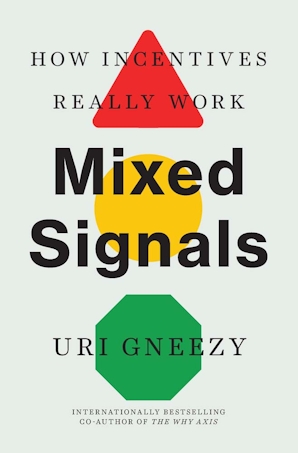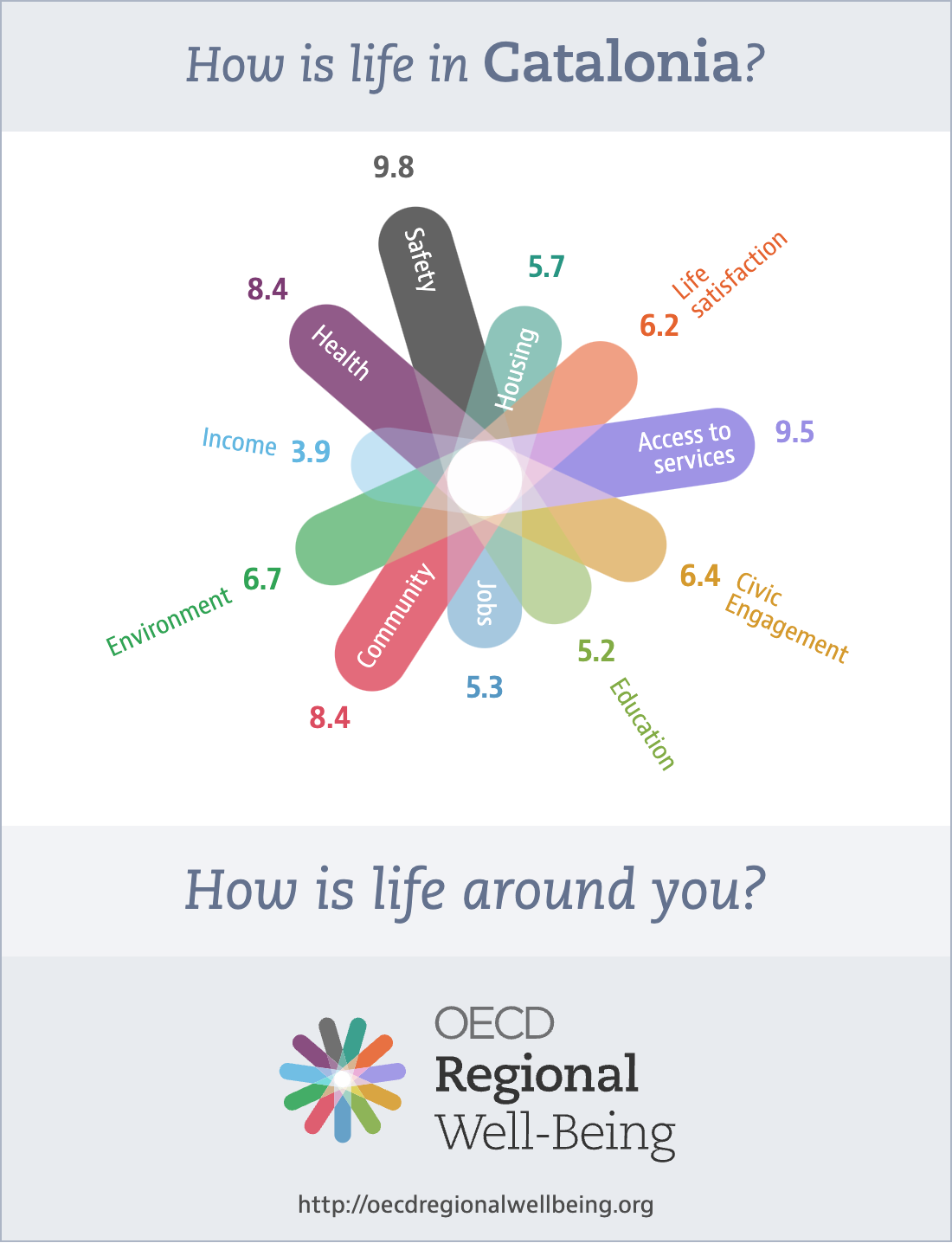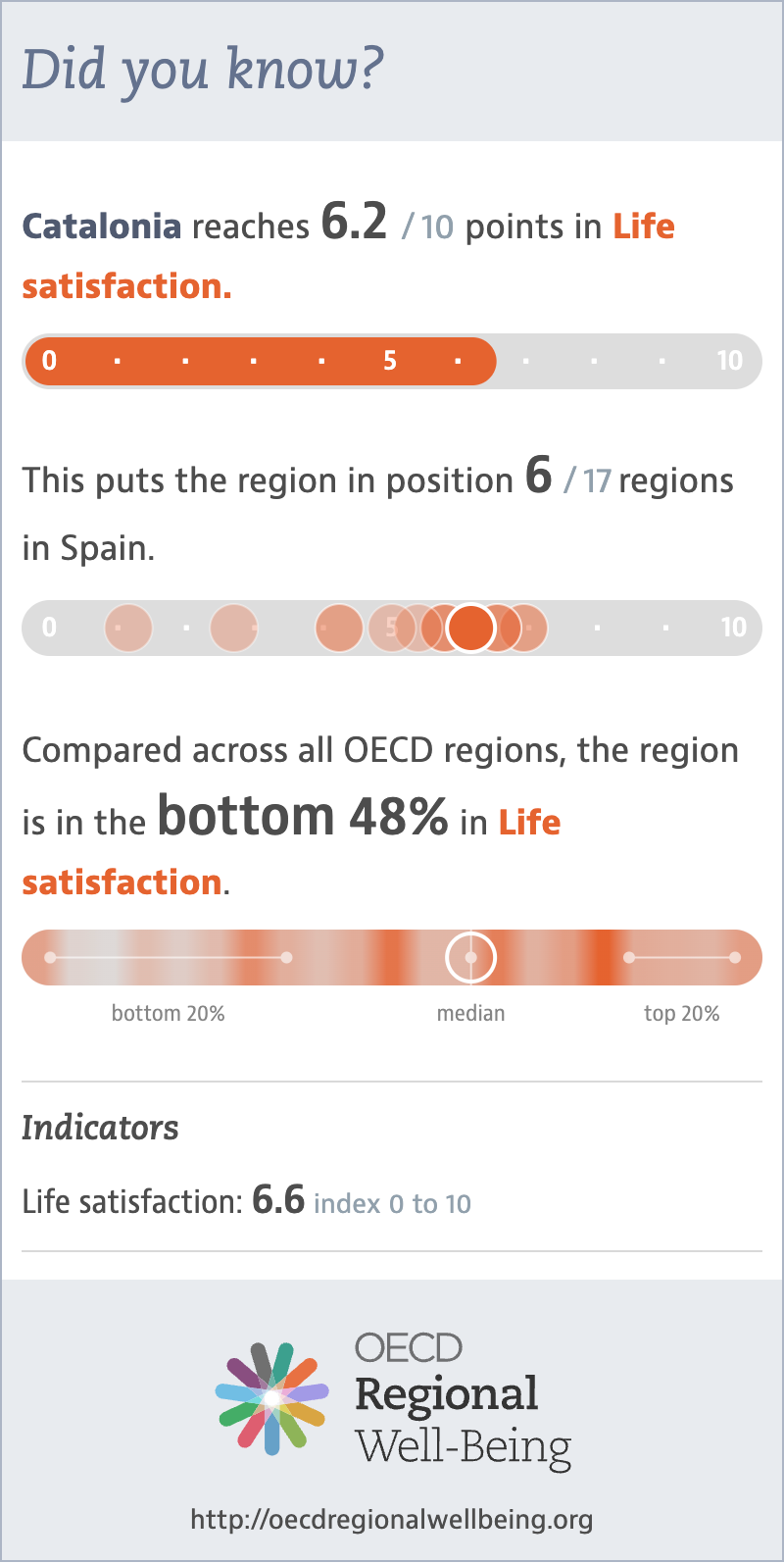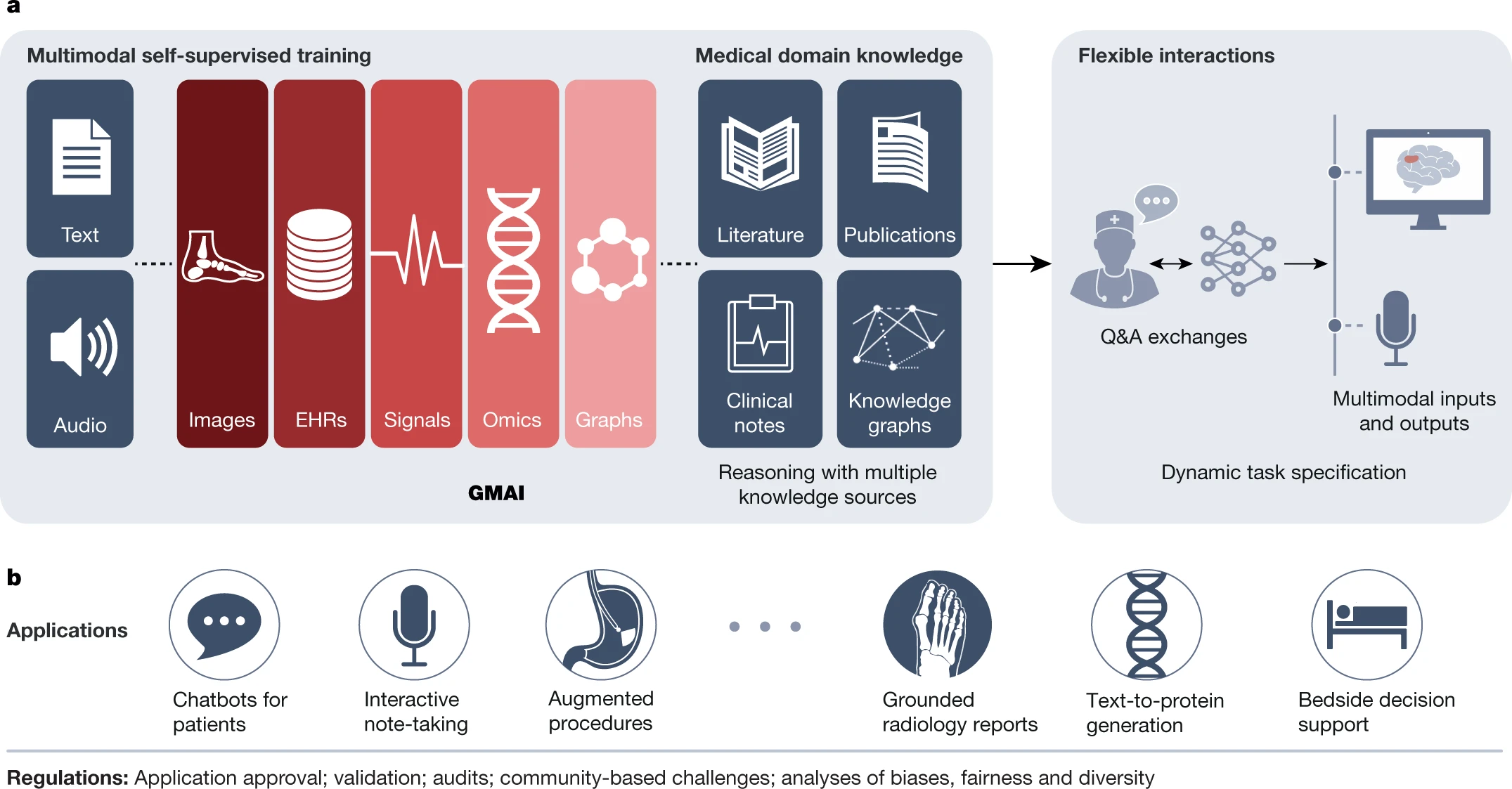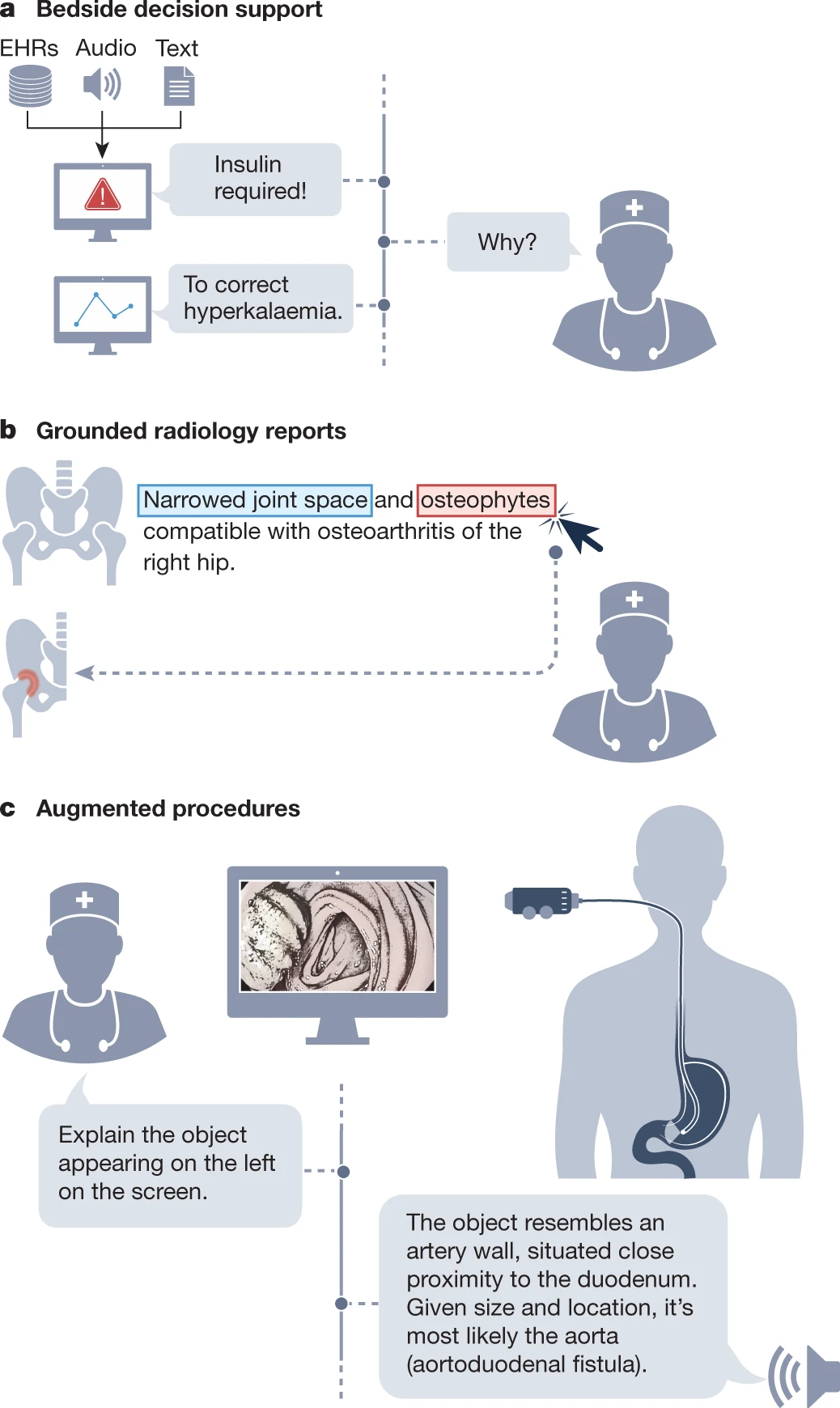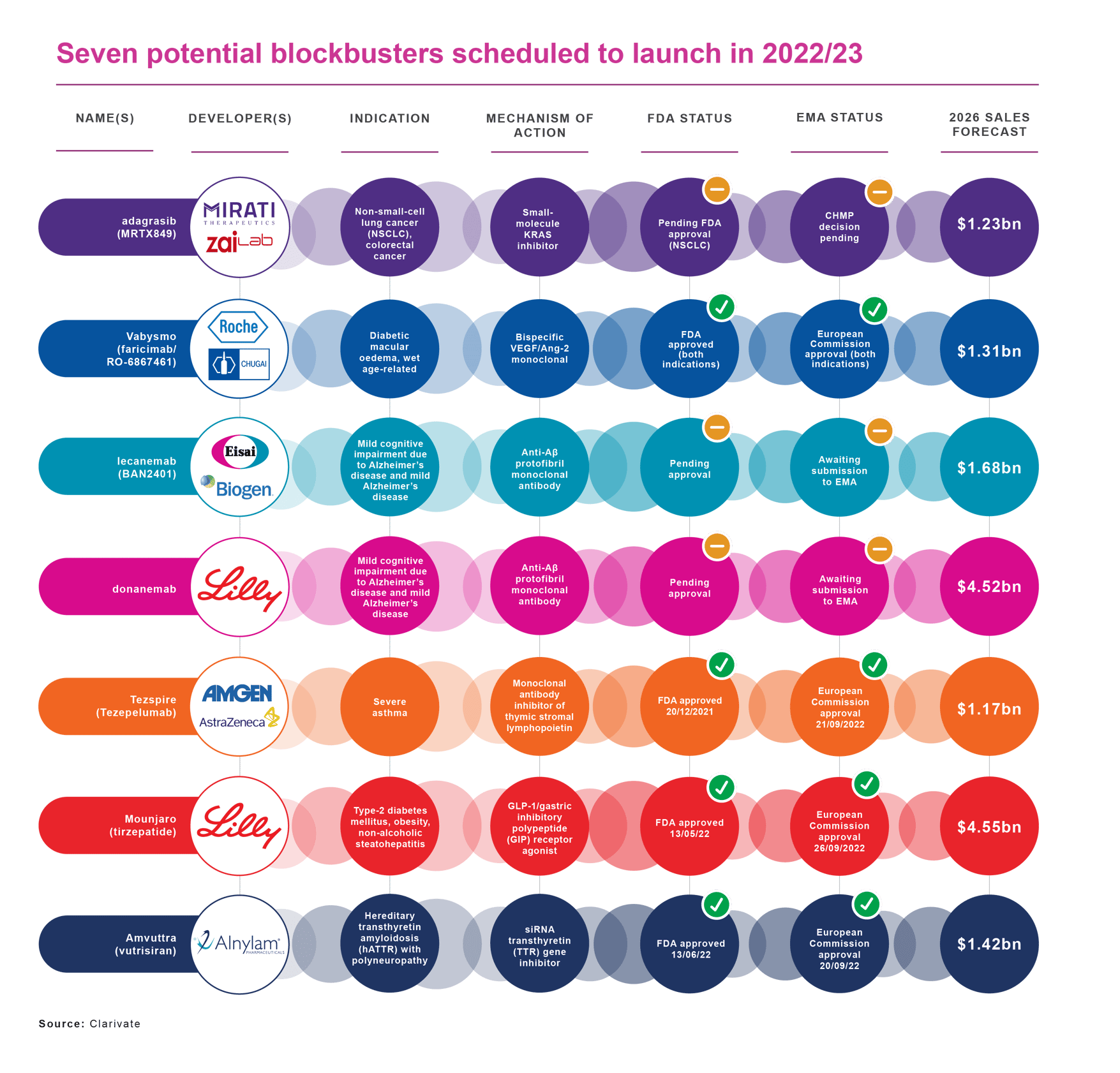The crisis of democratic capitalism
En aquest blog he escrit anteriorment sobre reimaginar el capitalisme i realment fa molts anys que se'n parla però qui dia passa any empeny. Ara en Martin Wolf, cap d'opinió de FT acaba de publicar un llibre il·lustrador. Ho és perquè explica amb tot detall com hem arribat fins aquí, i què caldria fer per avançar en les institucions democràtiques i econòmiques, i evitar així més d'un ensurt.
Aquest llibre argumenta que quan la gent no veu cap esperança i perd la confiança en les institucions democràtiques, tant la democràcia com els mercats poden fallar i fallaran. En resum, cal una reforma radical i valenta de l'economia capitalista i hem d'enfortir els vincles econòmics de la ciutadania alhora que s'aprofundeix la cooperació internacional.
El llibre es llegeix magníficament, està molt ben escrit. Destaco alguns paràgrafs clau:
A market economy that operates under trustworthy rules, rather than the whims of the powerful, underpins prosperity and lowers the stakes of politics. In turn, a competitive democracy induces politicians to offer policies that will improve the performance of the economy and so the welfare of the people. Beyond these practical reasons for the marriage of liberal democracy and market economy, there is also a moral one: both are founded on a belief in the value of human agency—people have a right to do the best they can for themselves; people have a similar right to exercise a voice in public decisions. At bottom, both are complementary aspects of human freedom and dignity.
Els objectius de reforma del capitalisme democràtic haurien de ser:
- Un nivell de vida creixent, àmpliament compartit i sostenible
- Bona feina per a aquells que poden treballar i estan preparats per fer-ho
- Igualtat d'oportunitats
- Seguretat per a qui ho necessiti
- Acabar amb privilegis especials per a uns pocs
Removing harms, not universal happiness, is the objective. The approach to reform is that of “piecemeal social engineering,” as recommended by Karl Popper, not the revolutionary overreach that has so often brought calamity.
Behind these specific proposals is a wider perspective. A universal suffrage democracy will insist on a citizenship that is both economic and political. This means that business cannot be free to do whatever it wishes. It means that taxes must be paid, including by the economically powerful. It means that the state must be competent and active, yet also law-governed and accountable. All of this was the clear lesson of the twentieth century.
I sobre el concepte de ciutadania, el que no és i el que és:
Here are things this does not mean.
It does not mean that democratic states should have no concern for the welfare of noncitizens. Nor does it mean that it sees the success of its own citizens as a mirror image of the failures of others. On the contrary, it must seek mutually beneficial relations with other states.
It does not mean that states should cut themselves off from free and fruitful exchange with outsiders. Trade, movement of ideas, movement of people, and movement of capital, properly regulated, can be highly beneficial.
It does not mean that states should avoid cooperating closely with one another to achieve shared goals. This applies above all to actions designed to protect the global environment.
Yet there are things it clearly does mean.
It means that the first concern of democratic states is the welfare of their citizens. If this is to be real, certain things must follow.
Every citizen should have the reasonable possibility of acquiring an education that would allow them to participate as fully as possible in the life of a high-skilled modern economy.
Every citizen should also have the security needed to thrive, even if burdened by the ill luck of illness, disability, and other misfortunes.
Every citizen should have the protections needed to be free from abuse, physical and mental.
Every citizen should be able to cooperate with other workers in order to protect their collective rights.
Every citizen, and especially successful ones, should expect to pay taxes sufficient to sustain such a society.
Those who manage corporations should understand that they have obligations to the societies that make their existence possible.
Citizens are entitled to decide who is allowed to come and work in their countries and who is entitled to share the obligations and rights of citizenship with them.
Politics must be susceptible to the influence of all citizens, not just the wealthiest.
Policy should seek to create and sustain a vigorous middle class, while ensuring a safety net for everybody.
All citizens, whatever their race, ethnicity, religion, or gender are entitled to equality of treatment by the state and the law.
The West cannot go back to the 1960s. It cannot go back to a world of mass industrialization, where most educated women did not work, where there were clear ethnic and racial hierarchies, and where the Western countries still dominated the globe.
Missatge contundent pels qui el vulguin sentir, no podem tornar als 60s, i de vegades penso que hi anem de camí.
I per aquells que no els agrada el capitalisme i el voldrien fer desaparèixer, unes paraules de recordança:
There are, it is true, alternative ways to seek power under democratic capitalism. All will fail. One extreme is to offer a fully socialized economy. But the economy will founder, and the rulers will be forced out of power or seize it undemocratically, as happened most recently in Venezuela. An opposite extreme is to marry laissez-faire economics to a populism founded on anti-intellectualism, racism, and cultural conservatism. Such pluto-populism is also likely to end in an autocracy in which even plutocrats are insecure. A still faster route to autocracy is via a blending of the two extremes in nationalist socialism (or national socialism). This combines a welfare state with arbitrary rule by demagogues. This, too, will ultimately ruin both the economy and democracy, as the unaccountable gangster in charge rewards cronies and punishes opponents.
Human beings must act collectively as well as individually. Acting together, within a democracy, means acting and thinking as citizens.
If we do not do so, democracy will fail, and our freedoms will evaporate.
It is our generation’s duty to ensure it does not. It took too long to see the danger. Now it is a moment of great fear and faint hope. We must recognize the danger and fight now if we are to turn the hope into reality. If we fail, the light of political and personal freedom might once again disappear from the world.
L'alerta és clara per qui la vulgui sentir, és el deure de la nostra generació, ens hi juguem la llibertat. Ho diu ben clar. Actuar depèn de cadascú de nosaltres i de tots nosaltres col·lectivament.
Per tant, si que és possible reimaginar el capitalisme i en Martin Wolf dona algunes pistes. Molt recomanable la lectura i relectura pausada. Malauradament em temo que a molts dirigents els passarà per alt i ni se'n adonaran que s'ha publicat.

